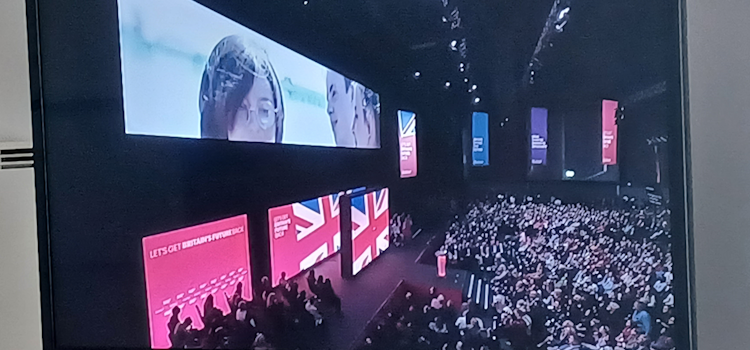On my way home from labour conference 23, I visited the People's History Museum. It was a bit of a vanity trip as I was looking for any documentation related to NOLS’s adoption of a comprehensive, as in wide ranging, education policy. I was on the national committee for 1977 and held the education portfolio. I led the organisation, with much help from many others, in developing a comprehensive policy which was presented to conference 77.
I found a copy of Labour Student dated Spring 78 reporting on that 77 conference, in which my successor, John Merry wrote a review of the new education policy. The full article, overleaf, I summarise from Merry’s article, the key demands. The article seems to have missed my desire to take sides in the debate around the purpose of Higher Education; whether it was to prepare people for work, or allow them to fulfil their potential.
I conclude by saying, we needed Romer, and Mitchell to establish theoretical frameworks where maximising potential is preparing people to participate in the economy. I was ahead of my time but the focus of Labour’s consideration of education policy turned to primary and secondary education with the introduction of national curriculum, academy schools and league tables. I don't think they helped as they all contributed to the de-professionalisation of teachers and teaching. The lesson I reflect on today is a rule I learnt many years later; the amount of process and measurement doesn’t necessarily bring about good outcomes.
The full article can be read by using the "Read More" button ...







